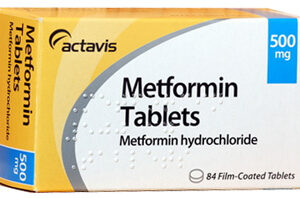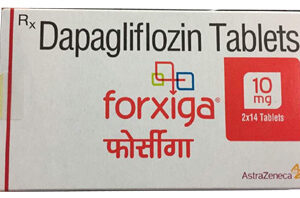Diabetes
Diabetes medications are designed to manage blood sugar levels and prevent complications associated with diabetes, a chronic condition characterized by the body’s inability to properly use or produce insulin. These medications fall into several categories, including insulin, oral hypoglycemics, and newer classes of drugs like GLP-1 receptor agonists and SGLT2 inhibitors. Insulin therapy is essential for individuals with Type 1 diabetes and may also be required for some people with Type 2 diabetes to help their bodies use glucose more effectively. Oral hypoglycemic agents, such as metformin, are commonly prescribed for Type 2 diabetes and work by improving insulin sensitivity or reducing the liver’s glucose production.
The practical use of diabetes medications involves monitoring blood glucose levels regularly and adjusting dosages based on dietary intake, physical activity, and blood sugar readings. It’s crucial for individuals with diabetes to work closely with their healthcare provider to find the right medication or combination of medications that best fits their lifestyle and health needs.
Adherence to the prescribed medication regimen, along with lifestyle modifications such as a balanced diet and regular exercise, plays a vital role in managing diabetes effectively. Patients should be aware of the potential side effects of their medications and report any concerns to their healthcare provider. With proper management, people with diabetes can lead a healthy and active life, minimizing the risk of diabetes-related complications.
Showing all 3 resultsSorted by average rating
-
Diabetes
Metformin
-
Diabetes
Glucophage
-
Diabetes
Forxiga





